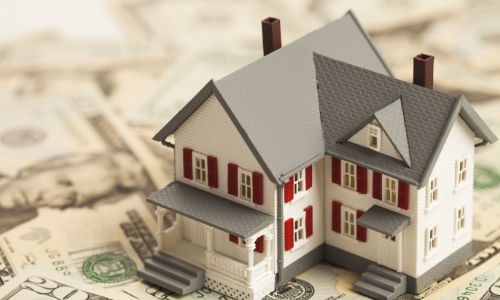
We spoke with our Mortgage Lending team, and got the facts about a 15-year refinance.
When should someone consider refinancing to a 15-year loan?
When considering whether or not to refinance to a 15-year loan you need to take a look at your current interest rate and determine if the difference in the rates is substantial enough to make a difference in your payment. The best course of action is to sit down a loan officer to discuss the pros and cons; there's not a set formula to help you determine whether are not you should refinance. You might have a larger balance and a lower interest rate, which can make a big difference on your monthly payment in the form of interest. If you have a smaller balance left to pay, you would need to get your interest rate down around two percent to come out profitable.
What are some of the advantages of a 15-year refi?
A 15-year rate builds your equity quicker than a 30-year rate because you're paying the loan off faster. Also, the 15-year interest rate is always lower than a 30-year interest rate.
What are some of the disadvantages of a 15-year refi?
There's not really a disadvantage on shortening your loan, but it can max out your monthly payment and make it unaffordable if you're not prepared. It might make sense for you to pay on your loan for 30 years while paying extra in interest resulting in paying your loan off quicker. You won't be penalized by paying more than your monthly payment. Ideally, you could choose the 30-year mortgage and pay it off at a 15-year pace; and if you have a month where you can't afford the extra principal, you have a cushion to pay the 30-year payment instead. It's not necessarily a disadvantage, but there's definitely more flexibility to go with the 30-year mortgage loan and pay it off early.
If someone was looking to take advantage of a 15-year refinance, what should they take into consideration before they decide to proceed?
The number one thing you should do is take the interest rate into consideration and determine if a 15-year loan will benefit you in the long run. If you refinanced two years ago and your 30-year interest rate is now somewhere close to your 15-year rate, you can simply pay more on your loan each month and save on all of the closing costs of the refinance. Closing costs are a factor you're going to want to take into consideration. Ask yourself “will you save money by refinancing?” There's also the payment structure - you might be qualified for the 15-year loan, but if you feel like the payment will push your budget, that doesn't mean you should go that route. It really comes down to what you can afford and how large of a cushion you need to live your life comfortably.
Refinancing to a 15-year mortgage may help your overall financial picture, but it's important to determine your monthly payments and make sure it makes sense with both your short-term and long-term financial goals.